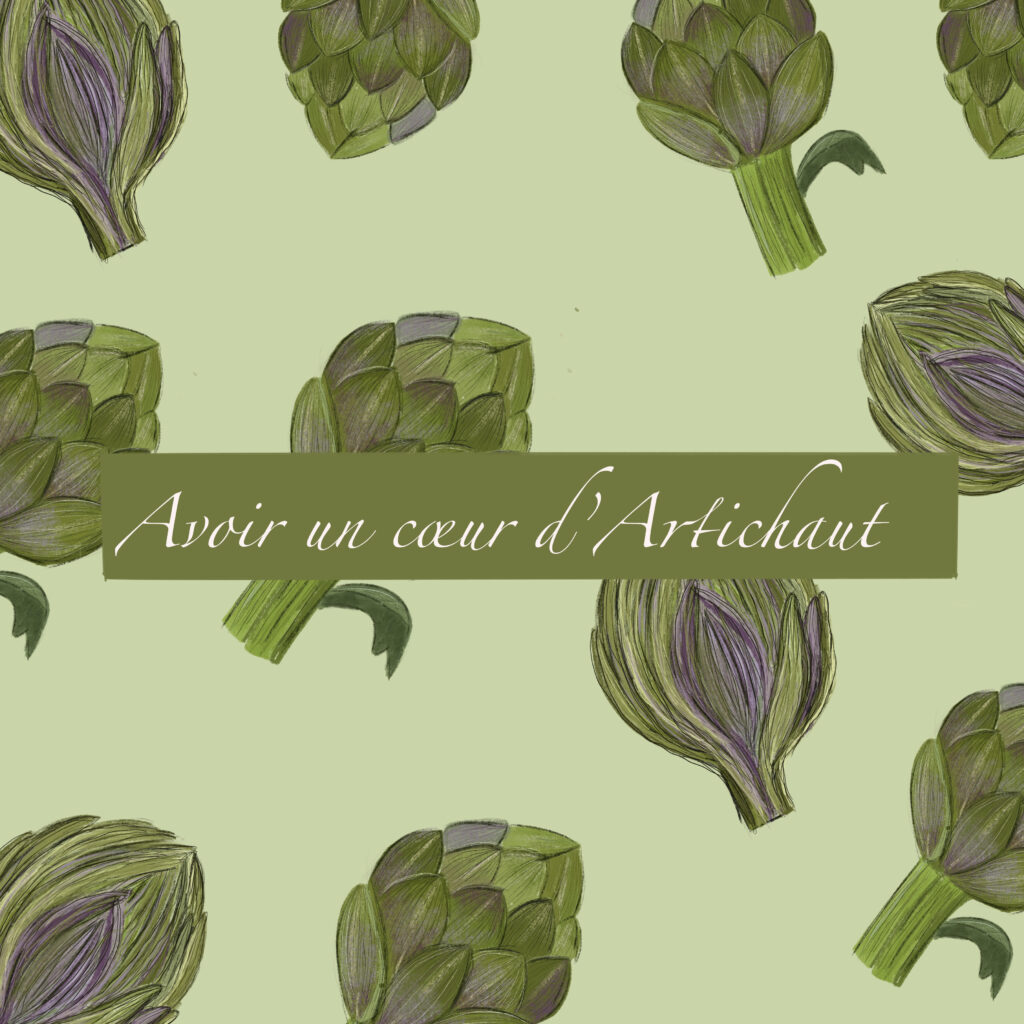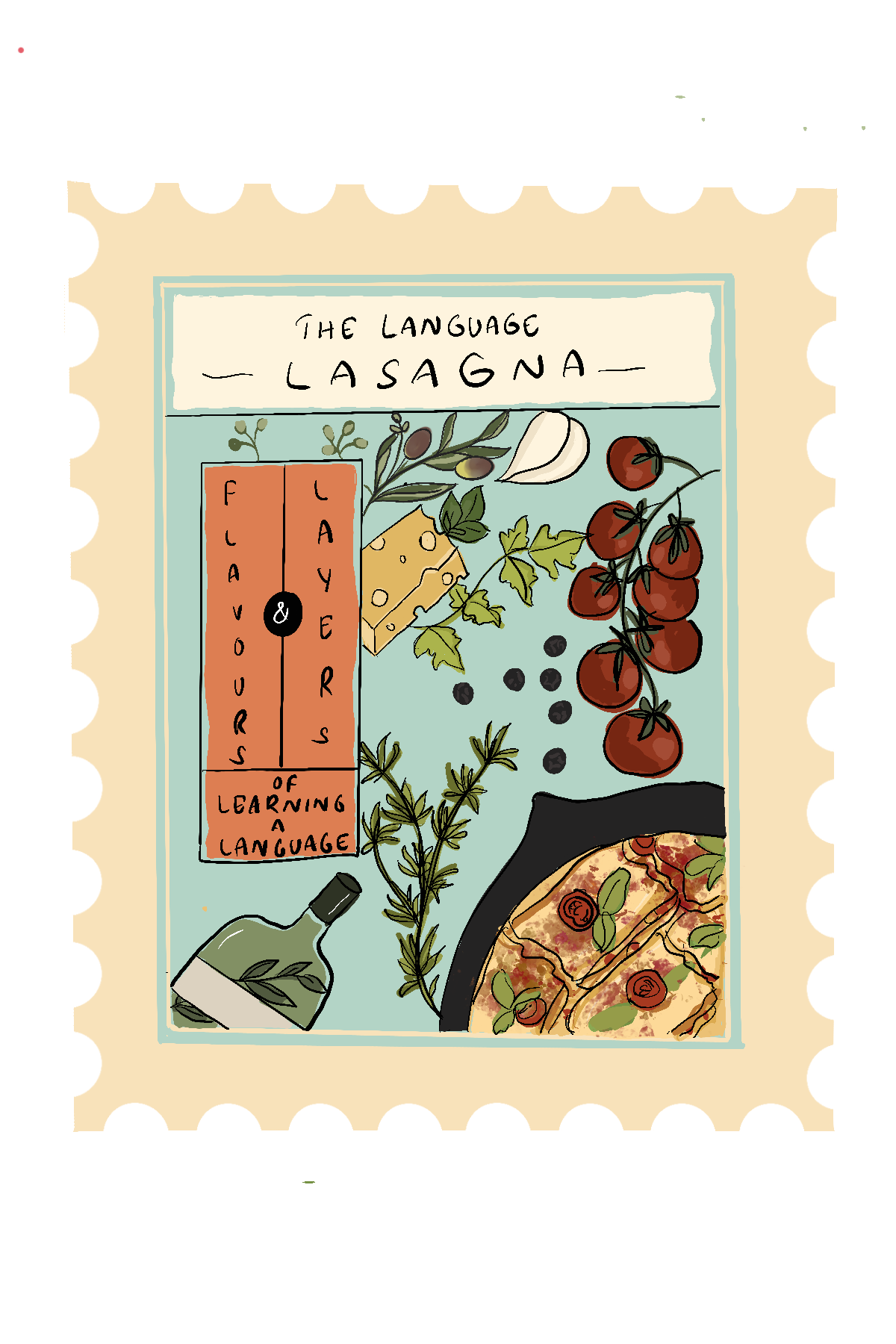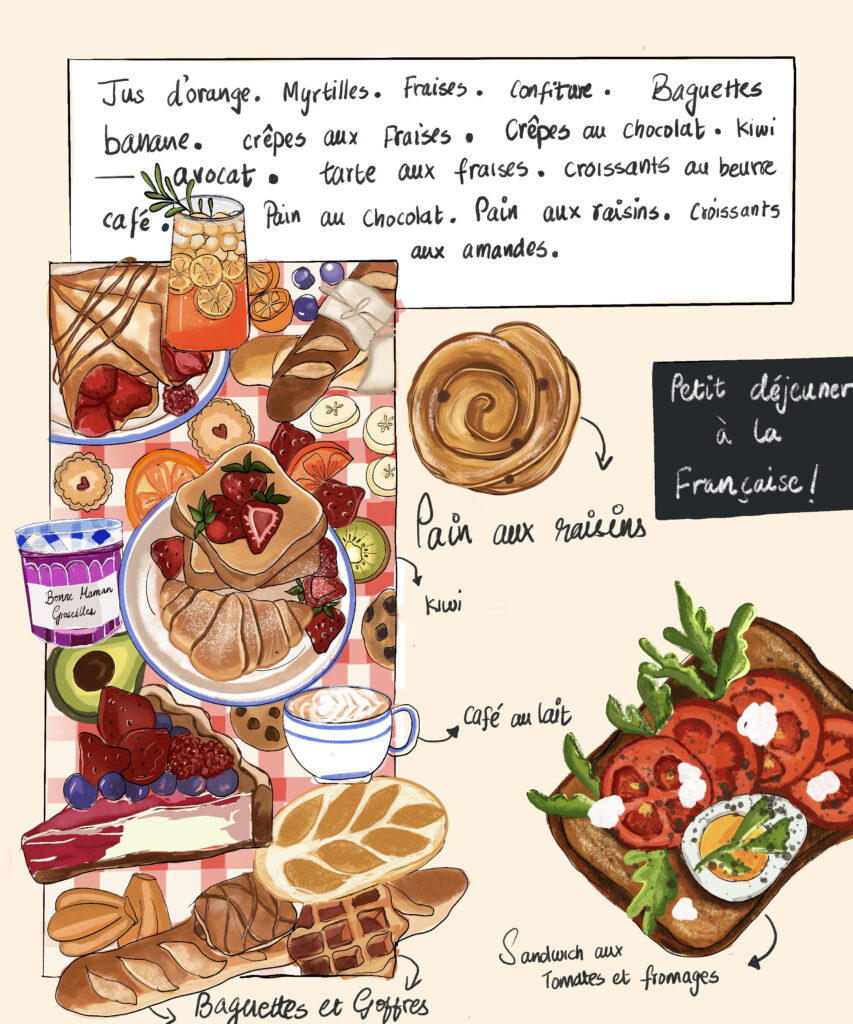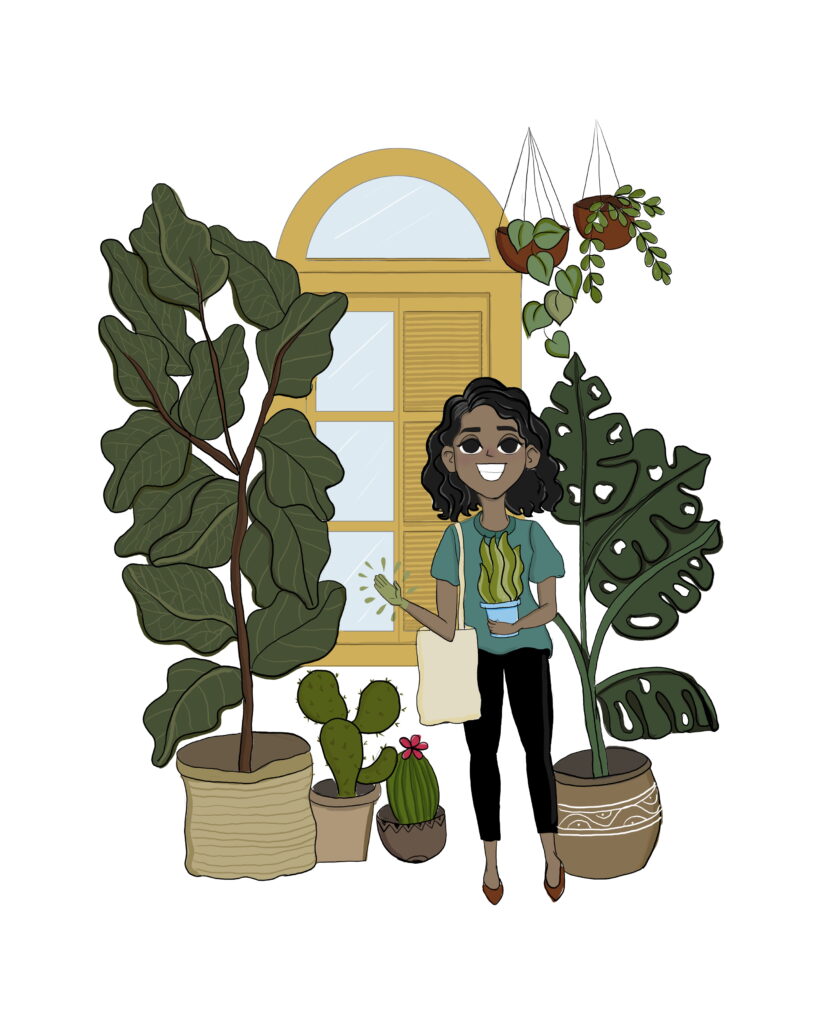
Title: Avoir un Cœur d’Artichaut: Unraveling the French Expression of the Sensitive Heart French is a language known for its rich idiomatic expressions, each with a unique and nuanced meaning.
One such expression that beautifully captures the complexity of human emotions is “avoir un cœur d’artichaut,” which literally translates to “having a heart of an artichoke.” This seemingly whimsical phrase holds a profound place in the French lexicon and reflects the tender and ever-changing nature of human hearts.
Exploring the Meaning: A Heart Like an Artichoke
In France, when someone is described as “avoir un cœur d’artichaut,” it means that they are emotionally sensitive, quick to fall in love, and easily swayed by their feelings. This expression conjures the image of an artichoke, a vegetable known for its many layers of leaves, each hiding the tender heart within. Similarly, a person with a “cœur d’artichaut” is believed to have a heart that opens up easily, exposing their vulnerability.
Origins of the Expression
The origin of this expression is believed to be linked to the idea that an artichoke’s leaves represent the protective layers people build around their hearts. In the case of someone with a “cœur d’artichaut,” those protective layers are less sturdy, allowing others to easily access their innermost feelings.
Using the Expression: Sentimental Scenarios
“Elle a un cœur d’artichaut.” (She has a heart of an artichoke.)
This sentence describes a person who falls in love quickly and frequently. It suggests that she is emotionally open and easily captivated by romantic interests.
“Il tombe amoureux à chaque coin de rue, vraiment un cœur d’artichaut.” (He falls in love at every street corner, truly a heart of an artichoke.)
In this example, the expression is used to emphasize how easily and frequently the person falls in love, as if they can’t help but be drawn to romantic interests.
“Méfie-toi de lui, il a un cœur d’artichaut et pourrait te briser le cœur.” (Be cautious of him; he has a heart of an artichoke and might break your heart.)
Here, the expression is used to warn someone about another person’s emotional sensitivity and tendency to be fickle in matters of the heart.
Incorporating “Avoir un Cœur d’Artichaut” into Everyday Language
The beauty of idiomatic expressions lies in their ability to convey complex emotions succinctly. “Avoir un cœur d’artichaut” allows French speakers to describe someone’s emotional vulnerability and romantic tendencies with just a few words. So, the next time you want to describe someone who falls in love easily or is emotionally sensitive, consider adding this charming French expression to your linguistic repertoire.
In the intricate world of idiomatic expressions, “avoir un cœur d’artichaut” stands as a testament to the French language’s ability to capture the intricacies of human emotion. It reminds us that, just like an artichoke’s tender heart, our own hearts can be both fragile and resilient, capable of opening up to love and connection in unexpected ways.


